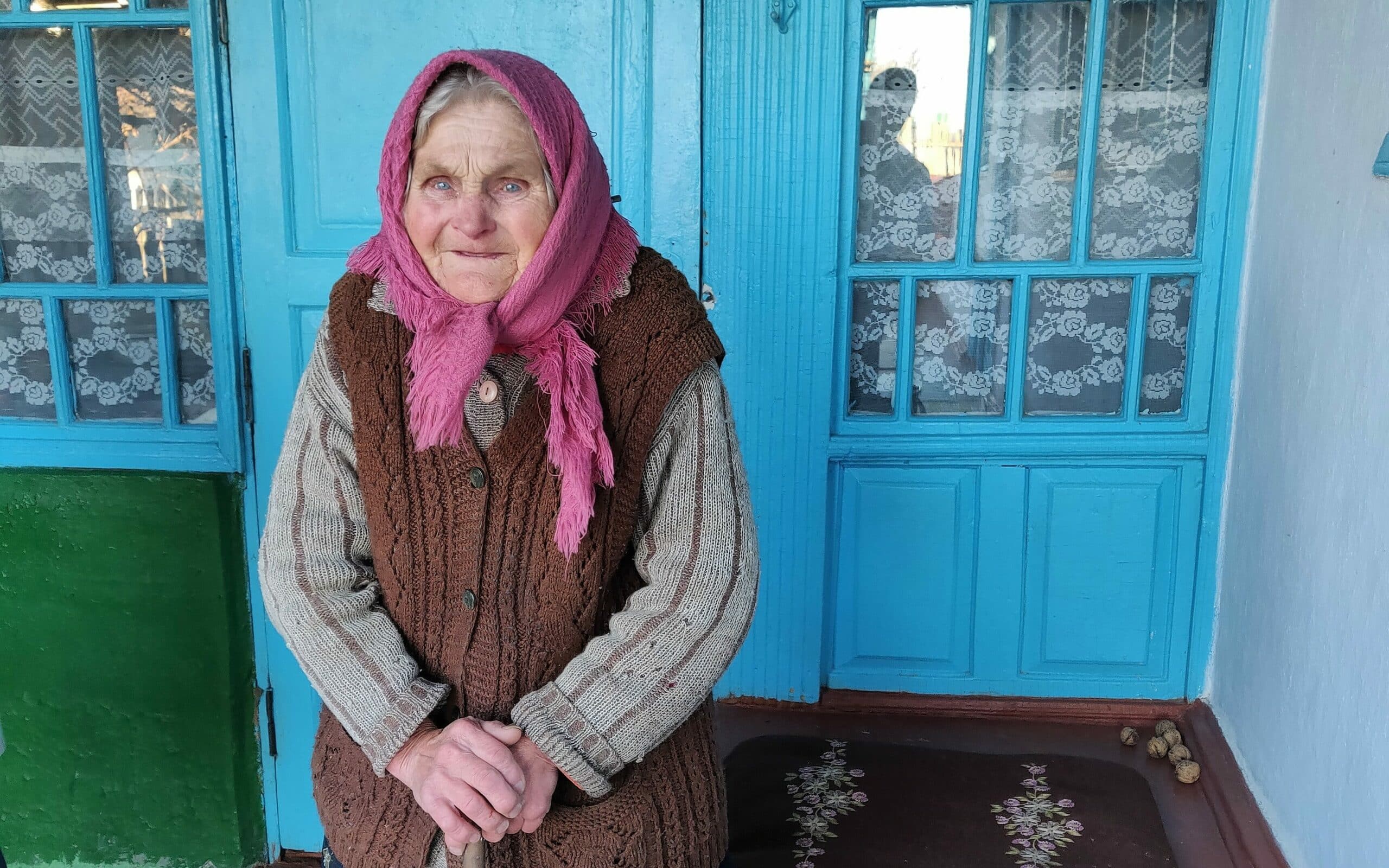Resilience of Older Persons in a Changing World
The Resilience and Contributions of Older Women
A Dorcas inquiry on the situation of older persons in Eastern Ukraine shows that a relatively large number of older people stay at home even when they live close to an area with active fighting. Sometimes this is out of choice, often it is out of necessity, being unable to flee or start a new life elsewhere.
Older people are resilient and resourceful albeit often not by their own choice. It is a sometimes brutal necessity to just survive. The recent Dorcas report on older people and conflicts and the earlier Dorcas report on COVID-19 and the rights of older people address two global challenges – conflict and COVID-19 – that force older people to be resilient. Resilient whether they like it or not.
A key call to action in both reports is to: ”Listen to the voices of all older people and acknowledge their wisdom, knowledge and experience.” Older people have the right to be seen and listened to. They have the right to participate in priority setting and decision making about topics that matter to them, including humanitarian and other assistance.

1 October is the International Day of Older Persons. The 2022 edition celebrates the resilience of older people and gives special attention to the resilience and contributions of older women who constitute the majority of older people worldwide.
Older people manage to successfully navigate today’s myriad of global challenges. These global challenges are manifest: the COVID-19 pandemic, the increasing number of conflicts, climate change and major socioeconomic challenges including the current exorbitantly high fuel and energy prices.
The effects of these challenges are felt globally and continue to be significant, particularly for many older women in low-and middle-income countries, who bear the burden of cumulative disadvantage. Recognition of the vital contributions of older women and inclusion of their perspectives and needs is critical to creating policies responsive to local, national and global challenges.
Older women, in particular are the unsung heroes embodying often unseen resilience in living through and responding to climate disaster, pandemic and conflict. They do so as they experience and manage the physical and emotional disruption due to losses of family, income, and social connectedness.
The meaningful contributions and experiences of older women remain largely invisible and disregarded due to gendered disadvantages accumulated throughout the life course. The intersection between discrimination based on age and gender compounds new and existing inequalities, including negative stereotypes that combine ageism and sexism.
Dorcas calls on all governments – in particular the Dutch government – and all private sector and civil society actors, to include older women and other people who are marginalised in all policies.
“All older people have the right to be seen, to be valued for who they are, to be listened to, to participate in all decisions that matter to them, to be protected and supported.”
Nico Smith, Thematic Expert Social and economic Inclusion
In 2021, Dorcas portraits older women using their powerful personalities to advocate for change in their communities: at economic, social and political levels. These normal yet extraordinary women are portraited in word and images in Dorcas’ Portraits of Power. Be inspired by their resourcefulness, their hope and their resilience.
https://dorcas.org/olderpeople
29 September 2022
Are you inspired?
Read the next story or contact us to get to know more about making an impact together.